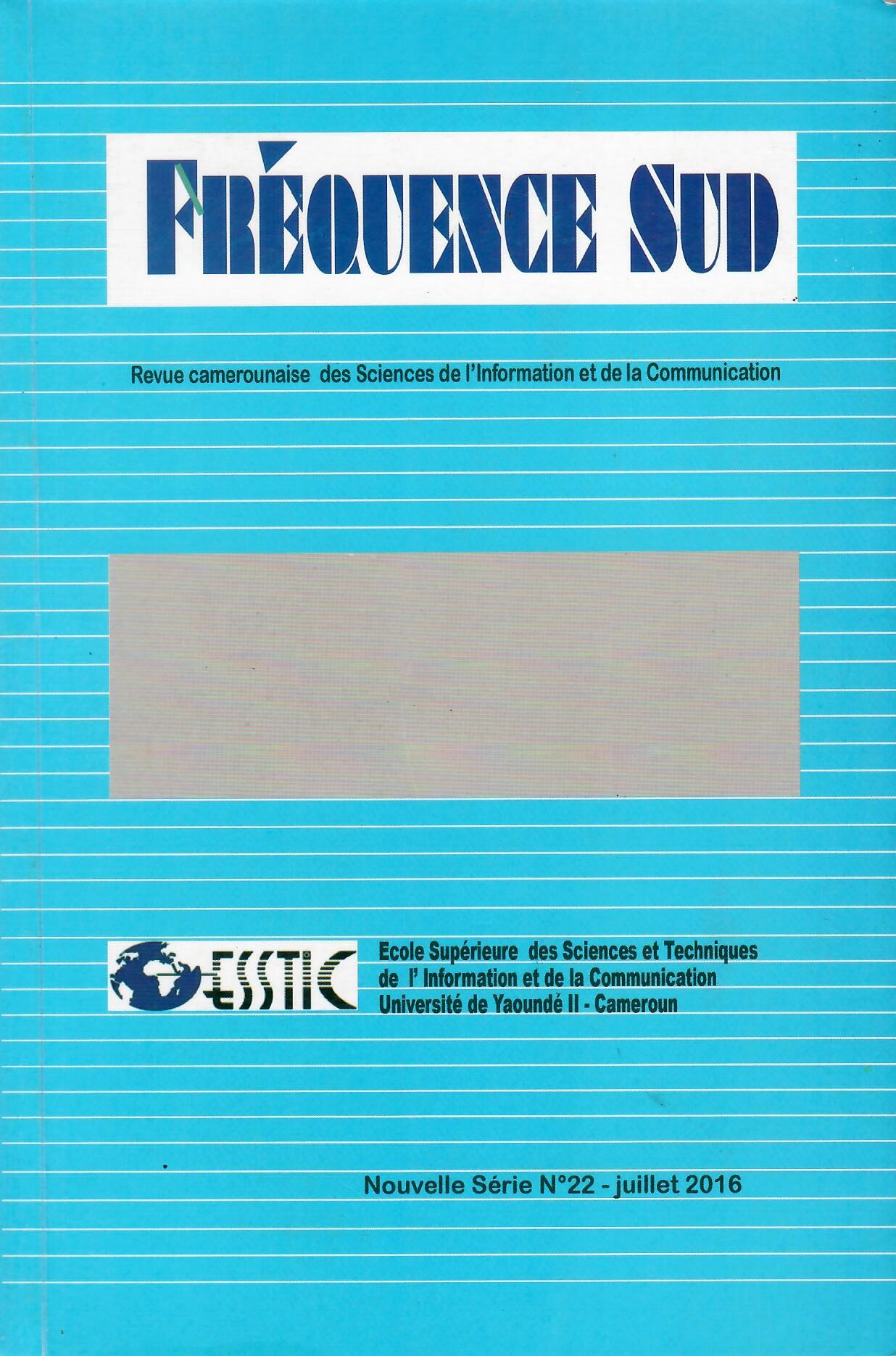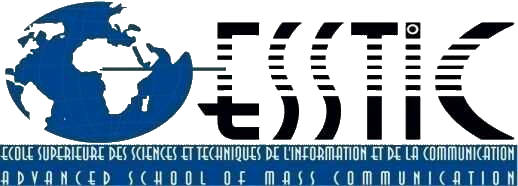LES TROIS TEMPS DU JOURNALISME CAMEROUNAIS
Résumé
RESUME
L’analyse diachronique de l’évolution du journalisme camerounais révèle une quête permanente du professionnalisme, à travers le triptyque esthétique-technique-éthique marquant les étapes fondamentales caractéristiques de son histoire, à savoir l’ère du journalisme sans journalistes, où le métier est pratiqué par des acteurs hétéroclites issus d’autres corps et mêle passion, combat politique et humanisme religieux. Le champ, sans frontières connues, sans identité propre, est frappé d’illégimité, peu le considérant comme un métier à part entière. Suit la période où le métier s’affranchit des autres activités sociales qui l’ont nourri, définit son territoire et édicte ses normes internes. Mais le monolithisme politique contraint la presse à une quasi disparition, les journalistes ne pouvant plus exercer faute de liberté. Le cycle, au final récursif, s’achève par la phase dite des journaux sans journalistes où en dépit de la liberté retrouvée, la presse retombe dans une crise rappelant ses travers du début, la précarité des professionnels à l’origine de la violation récurrente des règles professionnelles suscitant un appel pressant en faveur d’un retour à l’éthique, pour assainir une profession qui a perdu sa noblesse.
Abstract
A diachronic analysis of the evolution of journalism in Cameroon shows an ongoing quest for professionalism, through the three aesthetics, technical and ethical aspects, highlighting the fundamental stages that characterize its history, namely the period of journalism without journalists, where the trade was practiced by ill-assorted groups of actors from other professions and mixed up with passion, political struggle and religious humanism. The field, with no specific limits without a specific identity and is tagged as illegitimate, very few people considering journalism as a full-time job. Then came the period where the profession asserted its freedom from other social activities that groomed it, defined its own scope and established its own standards. But political monolithism pushed the press to near extinction, as journalists could not practice their profession due to the lack of freedom. The cycle, that was ultimately recurrent ended with the phase of newspapers without journalists, where despite the newfound freedom, the press still witnessed a crisis that was reminiscent of its early shortcomings, the precarious nature of professionals that was responsible for the recurrent violation of professional standards prompted an urgent call for a return to ethical values to sanitise a profession that has lost its aura.


